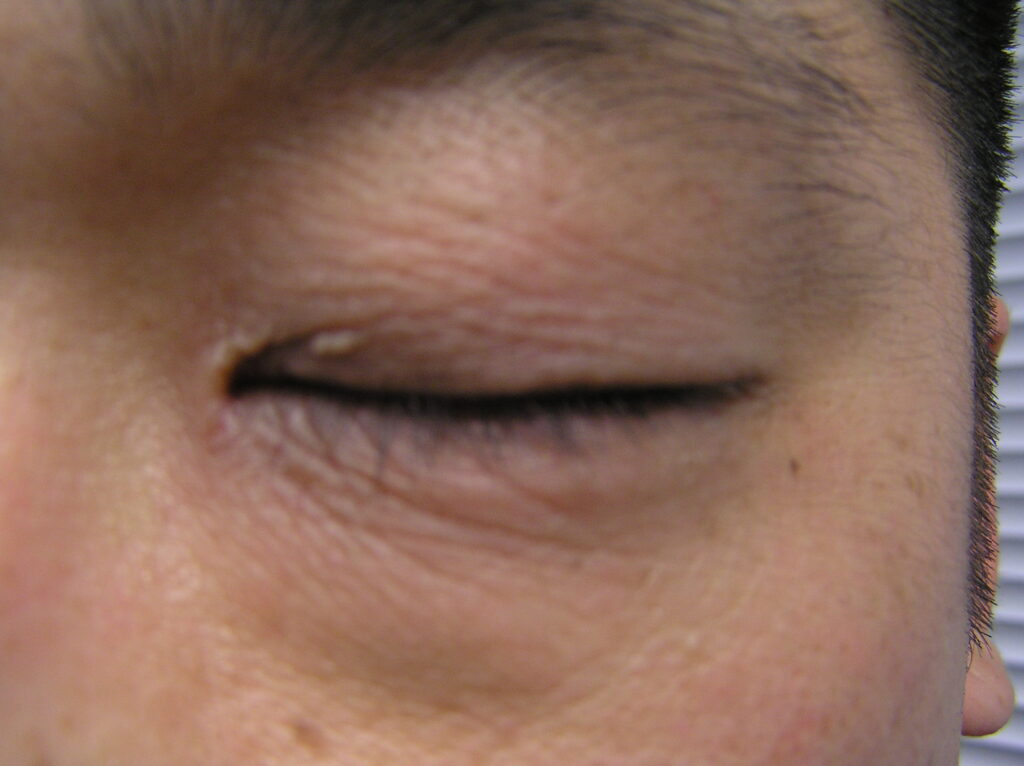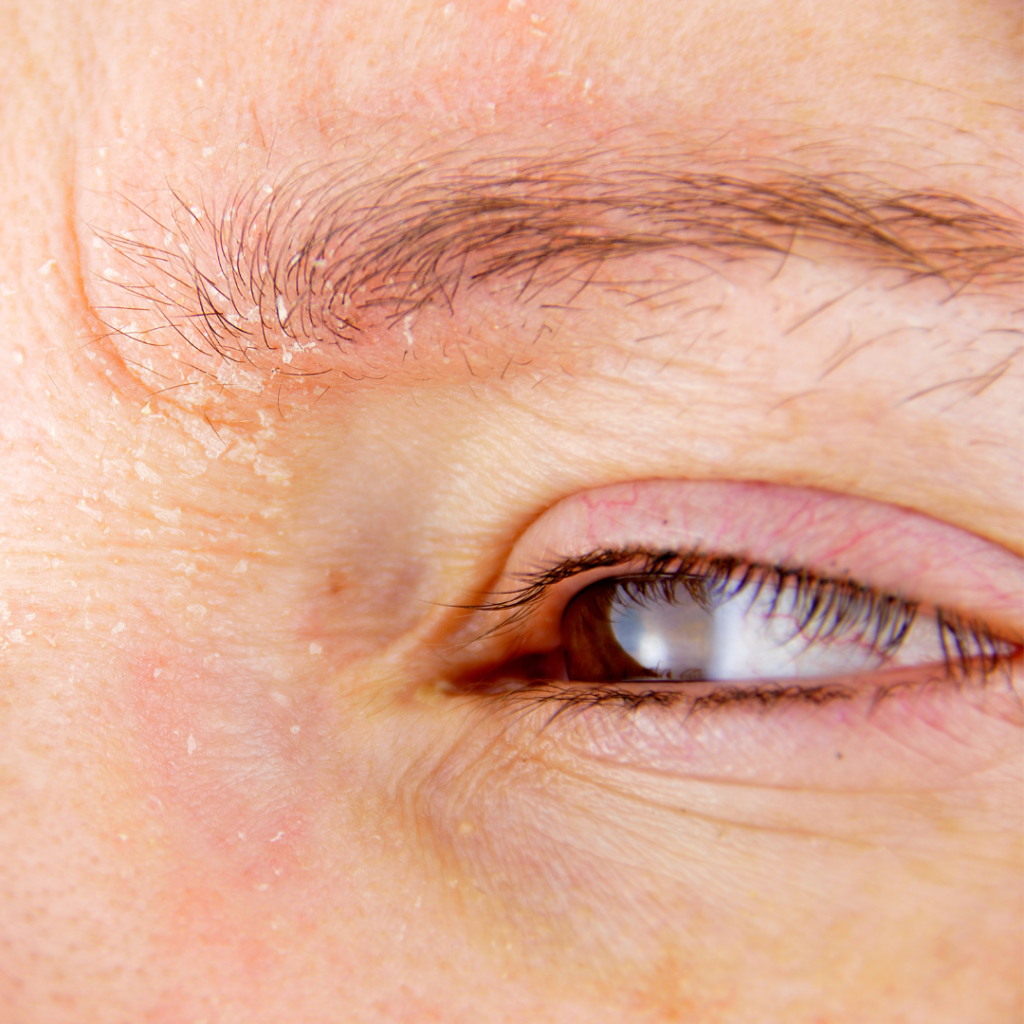
Eczema On Eyelid
Eyelid Eczema| Eyelid Eczema Causes| Affect On Eyes| Treatment|
Eczema On Eyelid
Eyelid dermatitis and dermatitis around the eye is not half as common as dermatitis on other parts of your body. This specific type of eczema, unlike that in more commonly affected areas, will in most instances appear in adult life as an “evolved” form of their childhood atopic dermatitis.
What Causes Eczema Around Eyes
Although there is no way to find out the exact causes of eczema in and around the eyelids the two leading causes are:
- Atopic Dermatitis ( Usually with childhood Eczema history)
- Allergic Reaction
Atopic dermatitis is the most common type of eczema. It typically begins in childhood and is a part of the atopic triad along with asthma and hay fever. Atopic dermatitis is a chronic condition that currently has no cure, but there are several treatment options to manage flare-ups.
Allergic reactions can affect anyone. Allergens and irritants come in many different forms and can affect everyone differently.
Forms of Allergens include but are not limited to;
- Pollen
- Cosmetic Products
- Some metals ie. Gold
Forms of Irritants include but is not limited to:
- Detergents / Soaps
- Cleaning products
- Cosmetics (Fragrances, nail polishes/removers etc)

Though Eczema can appear differently from person to person, generally, eczema around the eyes will affect both the top and lower lids. When experiencing Eczema in and around the eyes common symptoms include;
- Redness
- Itchiness
- Thicker/ creased skin, possibly scaly – Swelling, potential burning feeling
Can Eczema Affect Your Eyes
According to an observational study published in the National Library of Medicine, most patients with eyelid dermatitis do not have associated eye disease. They are, however, at an increased risk of comorbid eye diseases such as conjunctivitis. If you have any of the symptoms of eyelid eczema, it is recommended that you visit your family doctor and if required request a referral to an ophthalmologist.
Eyelid Eczema Treatment

Through limited research, topical and anti-inflammatory agents, including topical corticosteroids, as well as staying away from allergens and irritants is the most effective way to limit Atopic dermatitis around the eyes. In and around the eyes there are lots of blood vessels under a very thin sensitive layer of skin, which makes it an easy target for allergens and irritants.
The National Eczema Society notes that eyelid skin is four times thinner than the skin on your face. Therefore, it is recommended to use mild topical steroids as a treatment option for eyelid eczema. Please follow your healthcare practitioner’s instructions when using topical corticosteroids.
There are many measures you can take to avoid irritants, allergens, or triggers that may cause eyelid eczema. Some of these measures are:
- Always use gentle skin care products
- Stay away from fragrances
- Keep hair away from your eye area
- Minimize use of hair care products such as hairsprays and gels
- Change pillowcases and towels frequently
- Rotate close-contact fabrics regularly
- Wash your hands before any contact with your face
- Keeping a daily journal may help in noticing triggers and patterns that may be causing your eyelid eczema
Although Dermatitis in and around the eyes is not widespread, is it something to make your general practitioner aware of. It is crucial to be mindful of anything affecting your eyes and to make an appointment with your dermatologist or eye doctor if the issue persists after a few days. Caught early, eye diseases linked to AD are highly treatable.
References:
Medical News Today: How to Identify and Treat Eyelid Dermatitis
National Eczema Society: Eczema Around the Eyes
Up To Date: Eyelid Dermatitis (Eczema)
